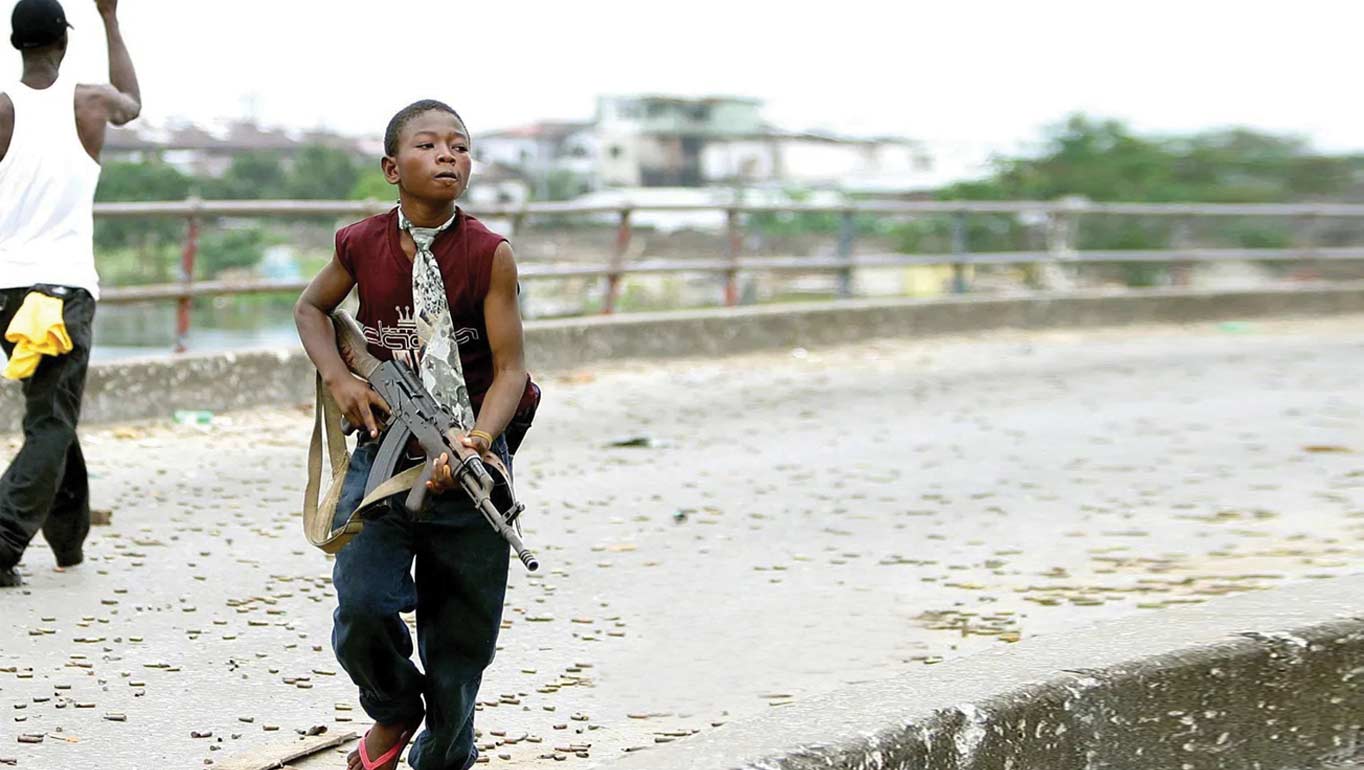Liberia’s Senate has approved the creation of a national war crimes court, in order to bring charges against those who committed such crimes during Liberia’s two civil wars.
A Long Time Coming
Liberia’s Senate voted overwhelmingly in favour to approve the creation of a national war crimes court, approving a resolution passed by Liberia’s Lower House in early March. 27 of 29 senators approved the resolution, which now heads to the President for approval.
The resolution was initially proposed by President Joseph Boakai, meaning it is certain to receive his approval.
The resolution, and the creation of the war crimes court, builds upon suggestions by a Liberian Truth and Reconciliation Committee, which had recommended the creation of a court that could bring to trial those accused of committing war crimes during Liberia’s first and second civil wars, which raged from 1989-1996 and 1999-2003, respectively.
The Truth and Reconciliation Committee made this suggestion many years ago, however no action was taken by previous administrations to fulfill the committee’s suggestions. President Boakai, who has been Liberia’s President since January, was the first to take such action.
The resolution has been celebrated by activists who have hailed it as progress in achieving justice for crimes committed during the civil wars, of which they believe there has been a supreme lack of.
However, the resolution has also received opposition from people who believe it could cause a resurfacing of wounds left by the civil war, as well as challenge an amnesty law that was established in Liberia, a law which contributed to the end of the civil war.
“Any attempt to undo that legal instrument that is the basis for our peace… is a means to enthrone instability” -Prince Johnson, a former rebel leader who presently serves as a senator
Notably, within Liberia itself there have been no convictions of key people who committed crimes during the wars. All trials that have targeted key figures, of which there have been very few, have taken place outside of Liberia. Charles Taylor, who became the President at the end of the First Liberian Civil War until one week before the end of the second, was later imprisoned on war crimes and crimes against humanity. However, Taylor’s charges that resulted in him being imprisoned were from his role in the conflict in neighouring Sierra Leonne, unrelated to his involvement in crimes committed during Liberia’s civil wars.
Liberia: From Progress to Destruction
One upon a time, Liberia was one of the world’s fastest growing economies. Liberia is a particularly unique nation, having been originally founded by the US in 1822 in order to relocate emancipated slaves from the US. The relocated slaves from the US established a minority-rule state, eventually gaining independence in 1862.
While for a period of the Cold War Liberia experienced economic success, with extensive support from the US, their economy stagnated within the 1980’s. Economic stagnation, tensions between Americo-Liberian’s and the native Liberian’s, as well as the totalitarianism of a government established by Samuel Doe in a coup, led to the beginning of the First Liberian Civil War in 1989.
The first civil war is known as one of Africa’s bloodiest wars. Approximately 200,000 people, including civilians, were killed. Liberia’s infrastructure was decimated as most of the country laid destroyed by the time the war ended. Over the course of the war there were rampant crimes, including widespread ethnic based violence, massacres, rape, and the use of child soldiers.

The second civil war lasted significantly less time than the first, however was still extremely violent. The second civil war witnessed many of the same crimes as the first, with child soldier use (by both sides) being rampant, and over 50,000 people being killed over the course of the war.


